Eid Al-Fitr is a significant Islamic holiday marking the end of Ramadan. It is celebrated with prayers, feasts, and communal gatherings.
Eid Al-Fitr, also known as the “Festival of Breaking the Fast,” is one of the most important holidays in Islam. This joyous occasion signifies the end of Ramadan, a month-long period of fasting, prayer, and reflection. Muslims around the world celebrate by attending special prayers at mosques, sharing festive meals, and giving to charity.
Families and friends gather to exchange gifts and enjoy traditional foods. The holiday fosters a sense of community, gratitude, and spiritual renewal. For many, it is a time to strengthen bonds with loved ones and reflect on the values of compassion and generosity.
Related Article: Islamic Lifestyle Essentials: Nurturing Faith & Well-being
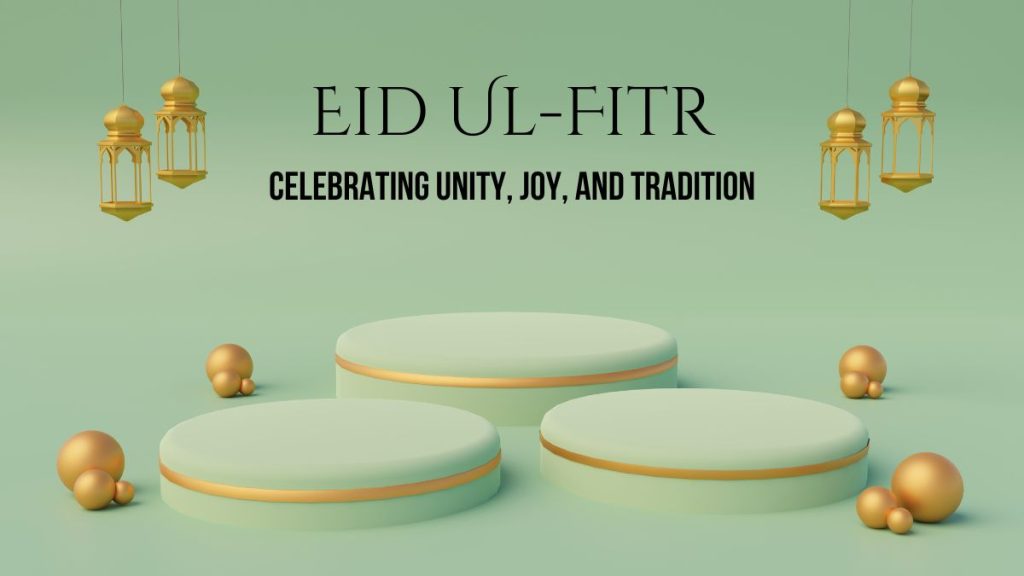
Related Article: Eid Ul Adha Celebration: Traditions and Sacrifice Unveiled
Meaning And Significance
Eid Ul-Fitr is a major Islamic holiday. It marks the end of Ramadan. Muslims worldwide celebrate this joyous occasion. The festival signifies breaking the fast and spiritual renewal.
The End Of Ramadan
Ramadan is a sacred month for Muslims. They fast from dawn to sunset. Fasting teaches self-control and empathy for the less fortunate. The end of Ramadan is celebrated with Eid Al-Fitr.
On the day of Eid, Muslims gather for a special prayer. This prayer is called Salat al-Eid. It is performed in large congregations. The celebration also includes giving to charity. This act is known as Zakat al-Fitr.
Spiritual Importance
Eid Al-Fitr holds deep spiritual significance. It is a time for reflection and gratitude. Muslims thank Allah for the strength during Ramadan. They also seek forgiveness and make amends.
The day begins with a special prayer. This prayer is followed by a sermon. Families then visit friends and relatives. They share meals and exchange gifts. The celebration fosters a sense of community and belonging.
Here are some key spiritual aspects of Eid Al-Fitr:
- Forgiveness: Seeking and granting forgiveness.
- Charity: Helping those in need through Zakat al-Fitr.
- Gratitude: Thanking Allah for His blessings.
- Unity: Strengthening family and community bonds.
| Aspect | Description |
|---|---|
| Forgiveness | Seeking and granting forgiveness to others. |
| Charity | Giving to the less fortunate through Zakat al-Fitr. |
| Gratitude | Thanking Allah for His blessings and mercy. |
| Unity | Strengthening bonds with family and community. |
Related Article: Spiritual Benefits of Ramadan: Enhance Your Inner Peace

Credit: www.history.com
Related Article: Islam And Modernity: Bridging Tradition and Progress
Preparations And Customs
Eid Ul-Fitr marks the end of Ramadan. Families celebrate with various preparations and customs. These activities bring joy and togetherness. Let’s explore some common practices.
Cleaning And Decorating
Cleaning homes is a common Eid Al-Fitr custom. Families sweep and mop every corner. They wash curtains, rugs, and bed linens. Clean homes symbolize a fresh start.
After cleaning, families decorate their homes. Some hang colorful lights and lanterns. Others put up festive banners and balloons. Decorating creates a cheerful atmosphere.
Shopping And Gifting
Shopping is an essential part of Eid preparations. People buy new clothes for the celebration. They also purchase special foods and sweets. Markets and malls get crowded during this time.
Gifting is another beloved tradition. Families exchange presents with loved ones. Popular gifts include clothing, toys, and sweets. Giving gifts spreads happiness among family and friends.
Common Eid Gifts
| Recipient | Popular Gifts |
|---|---|
| Children | Toys, Clothes, Sweets |
| Adults | Clothing, Perfumes, Home Décor |
| Friends | Books, Accessories, Gadgets |
These preparations and customs make Eid Al-Fitr special. They create lasting memories for everyone involved.
Festive Foods
Eid Al-Fitr is a time for joyous celebrations and delightful foods. The festive foods enjoyed during this holiday bring families and friends together. These dishes are rich in tradition and flavor, reflecting the diverse cultures of the Muslim world.
Traditional Dishes
During Eid Al-Fitr, families prepare an array of traditional dishes. Each region has its unique specialties. Here are some popular ones:
- Biryani: A fragrant rice dish with spices, meat, or vegetables.
- Haleem: A slow-cooked stew made of meat, lentils, and spices.
- Fattoush: A refreshing salad with fresh vegetables and crispy pita.
- Samosas: Deep-fried pastries filled with spiced meat or vegetables.
Sweets And Desserts
No Eid celebration is complete without sweets and desserts. These treats are a way to share joy and happiness.
- Baklava: A sweet pastry made of layers of filo filled with nuts and honey syrup.
- Kunafa: A cheese pastry soaked in sweet syrup, topped with nuts.
- Sheer Khurma: A vermicelli pudding made with milk, dates, and nuts.
- Maamoul: Shortbread cookies filled with dates, nuts, or figs.
These delicious foods make Eid Al-Fitr a truly memorable celebration. Enjoy these dishes with loved ones and create beautiful memories.
Related Article: Zakat Al Fitr: A Complete Guide to Its Importance and Calculation

Credit: www.britannica.com
Related Article: What Makes Islam Unique: Insights & Distinctions
Community And Togetherness
Eid Al-Fitr is a special time for Muslims worldwide. It marks the end of Ramadan, a month of fasting and reflection. One of the most beautiful aspects of Eid is the sense of community and togetherness. Families and friends come together to celebrate, share meals, and give back to those in need.
Family Gatherings
Family gatherings are a cornerstone of Eid Al-Fitr celebrations. Relatives visit each other’s homes, share delicious meals, and exchange gifts. Children wear new clothes and receive Eidi (money or gifts) from elders. These moments create lasting memories and strengthen family bonds.
Charity And Giving
Charity and giving are essential aspects of Eid Al-Fitr. Muslims give Zakat al-Fitr, a form of charity, to help those in need. This act ensures everyone can participate in the celebrations. It’s a time to show compassion and support for the less fortunate.
Many people also donate to charities or volunteer their time. This spirit of giving fosters a sense of community and helps build a more caring society.
Global Celebrations
Eid Al-Fitr is a joyous occasion celebrated by millions worldwide. It marks the end of Ramadan. People from different cultures observe this day with unique traditions.
Regional Variations
Each region has its own way of celebrating Eid Al-Fitr. Let’s explore some of them.
| Region | Traditions |
|---|---|
| Middle East | Special prayers in mosquesFeasts with family and friendsGifting money to children, known as ‘Eidi’ |
| South Asia | Wearing new clothesPreparing sweet dishes like ‘Sheer Khurma’Visiting relatives and exchanging gifts |
| Africa | Community prayers in large open spacesDrumming and singing traditional songsSharing food with the less fortunate |
Modern Adaptations
In the modern era, celebrations have evolved. Technology plays a big role. Here are some modern adaptations:
- Virtual Greetings: Many send e-cards and videos to loved ones.
- Online Shopping: People buy clothes and gifts online.
- Social Media: Sharing celebrations on platforms like Instagram and Facebook.
Despite changes, the essence of Eid Ul-Fitr remains the same. It is a day of joy, sharing, and reflection.
Related Article: Zakat: Transforming Lives Through Compassionate Giving
Conclusion
Eid Ul-Fitr is a celebration of joy, unity, and gratitude. It brings families and communities together. By understanding its significance, we can appreciate its cultural richness. May this festive occasion fill hearts with peace and happiness. Celebrate Eid Ul-Fitr with love and kindness, cherishing every moment.
Related Article: Ramadan is Coming: The Ultimate Blessings from the Almighty
Related Article: Unlocking the Power of Ummah Significance

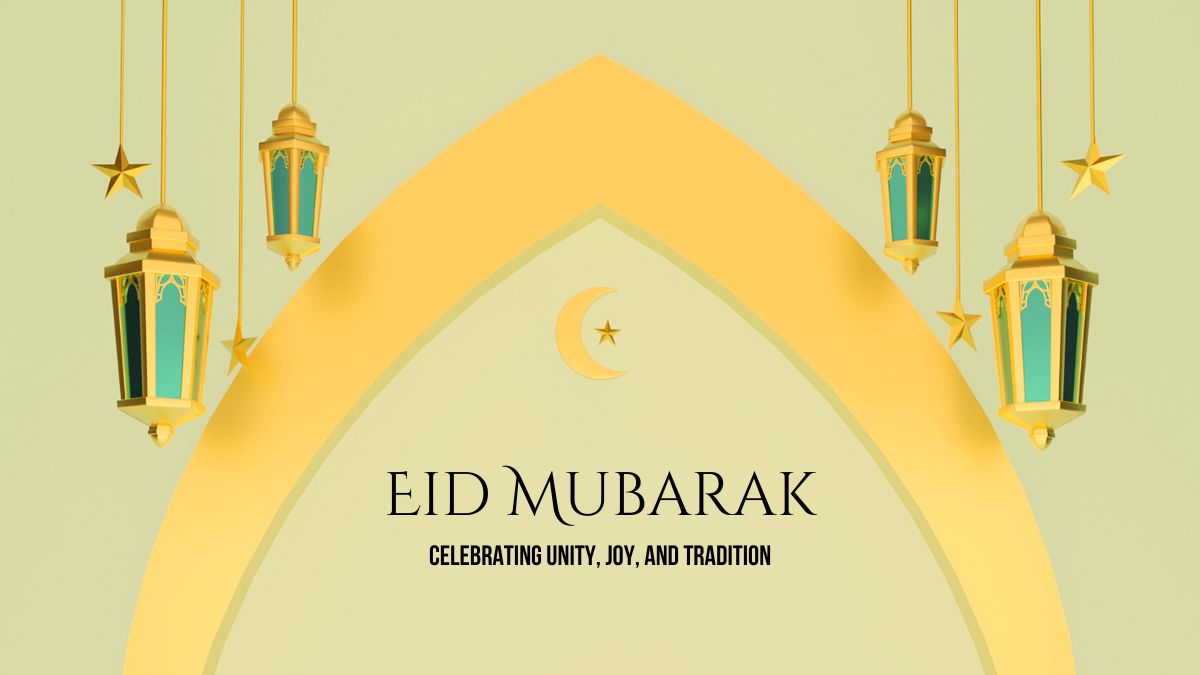
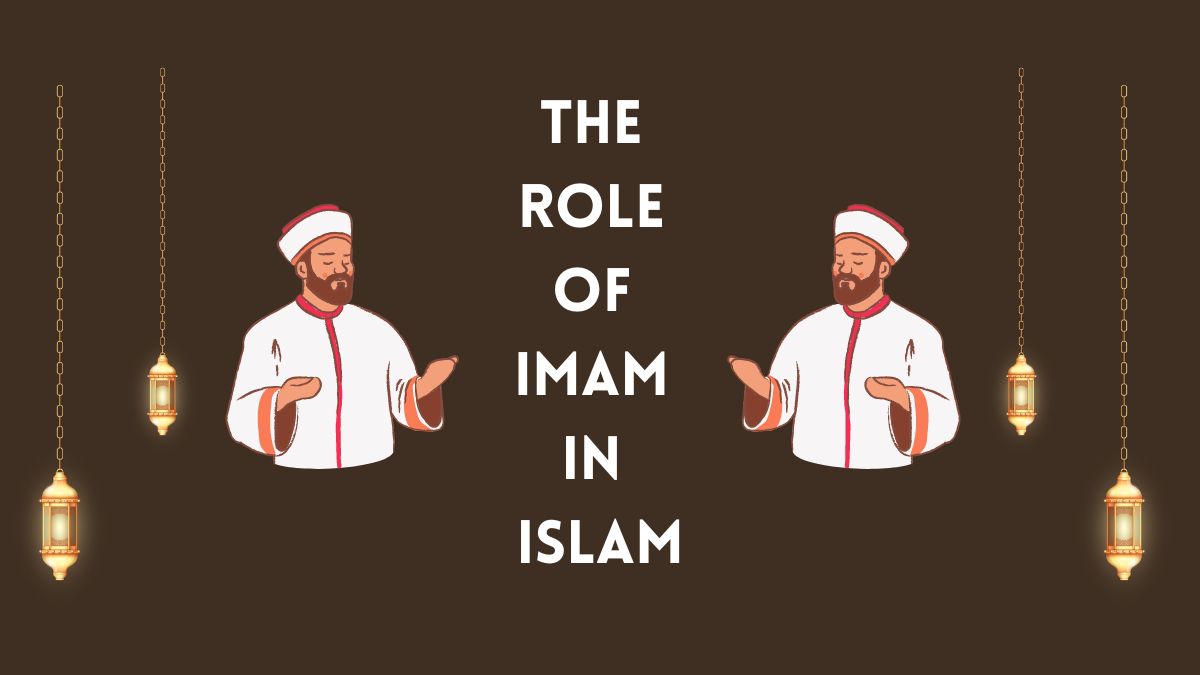
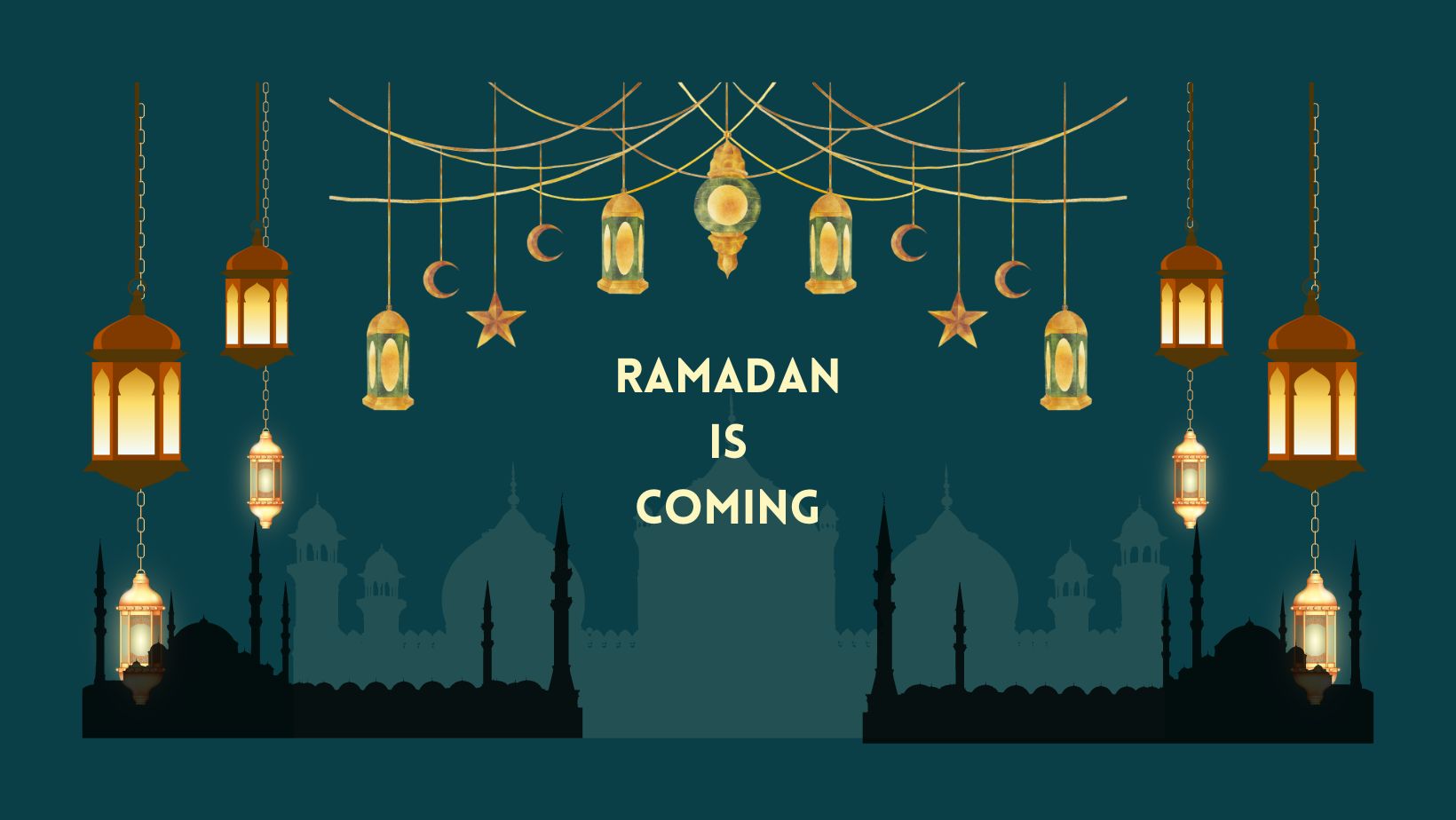
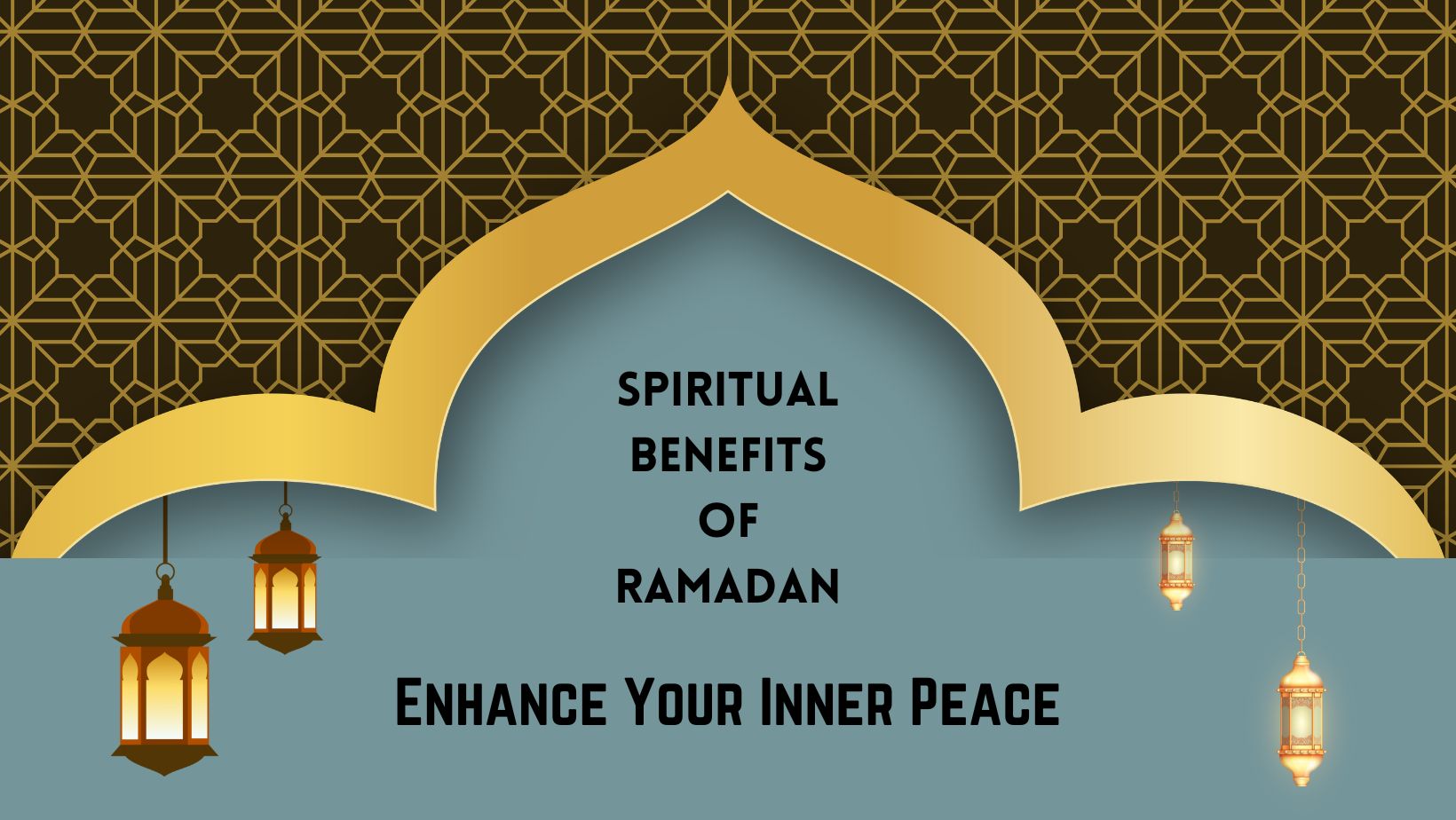
3 thoughts on “Eid Ul Fitr: Celebrating Unity, Joy, and Tradition”